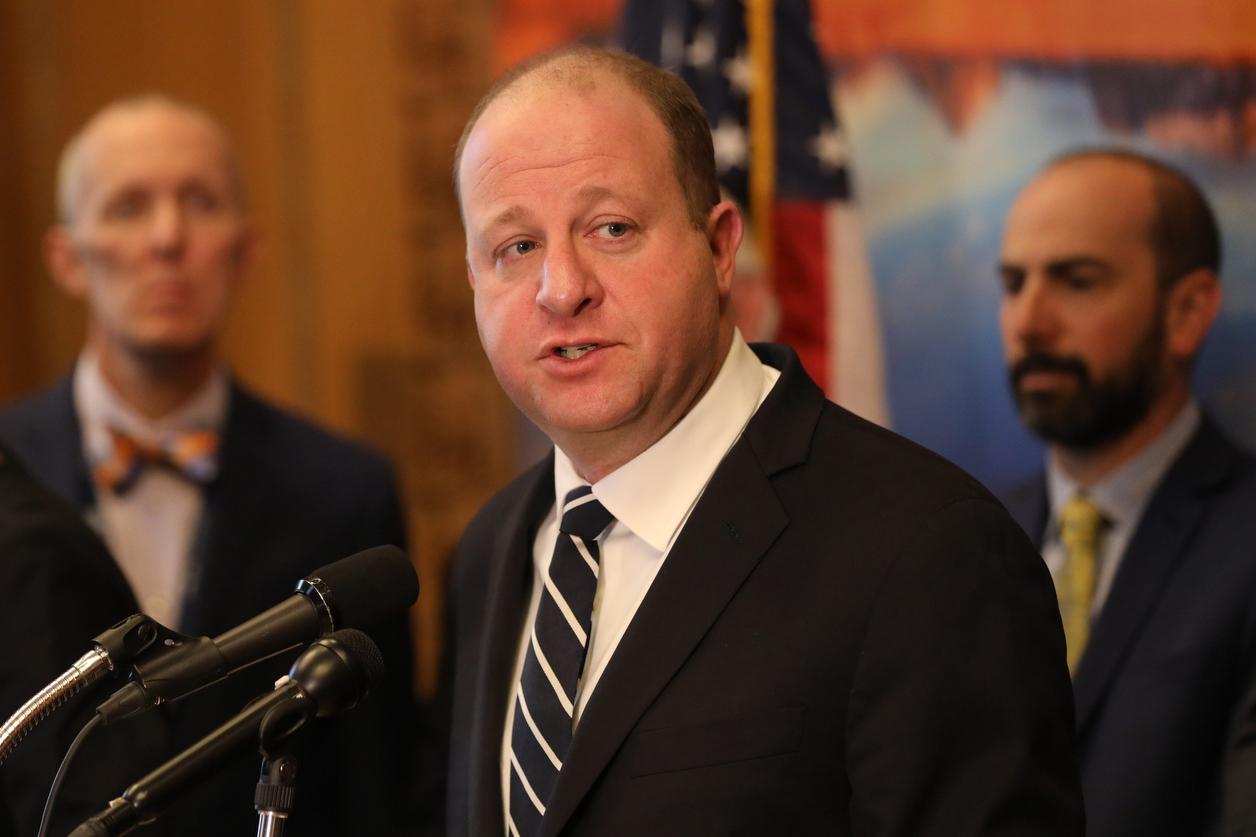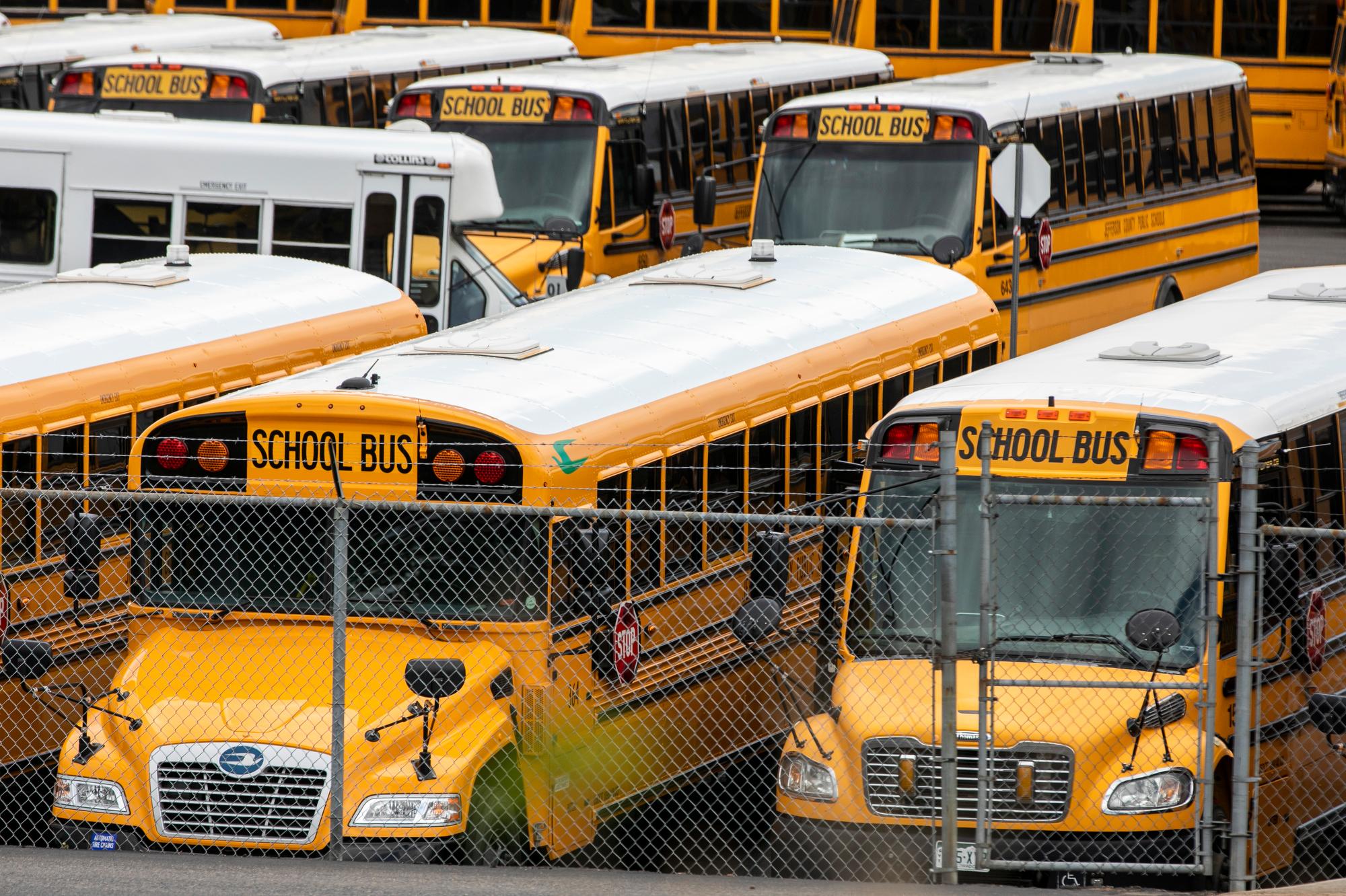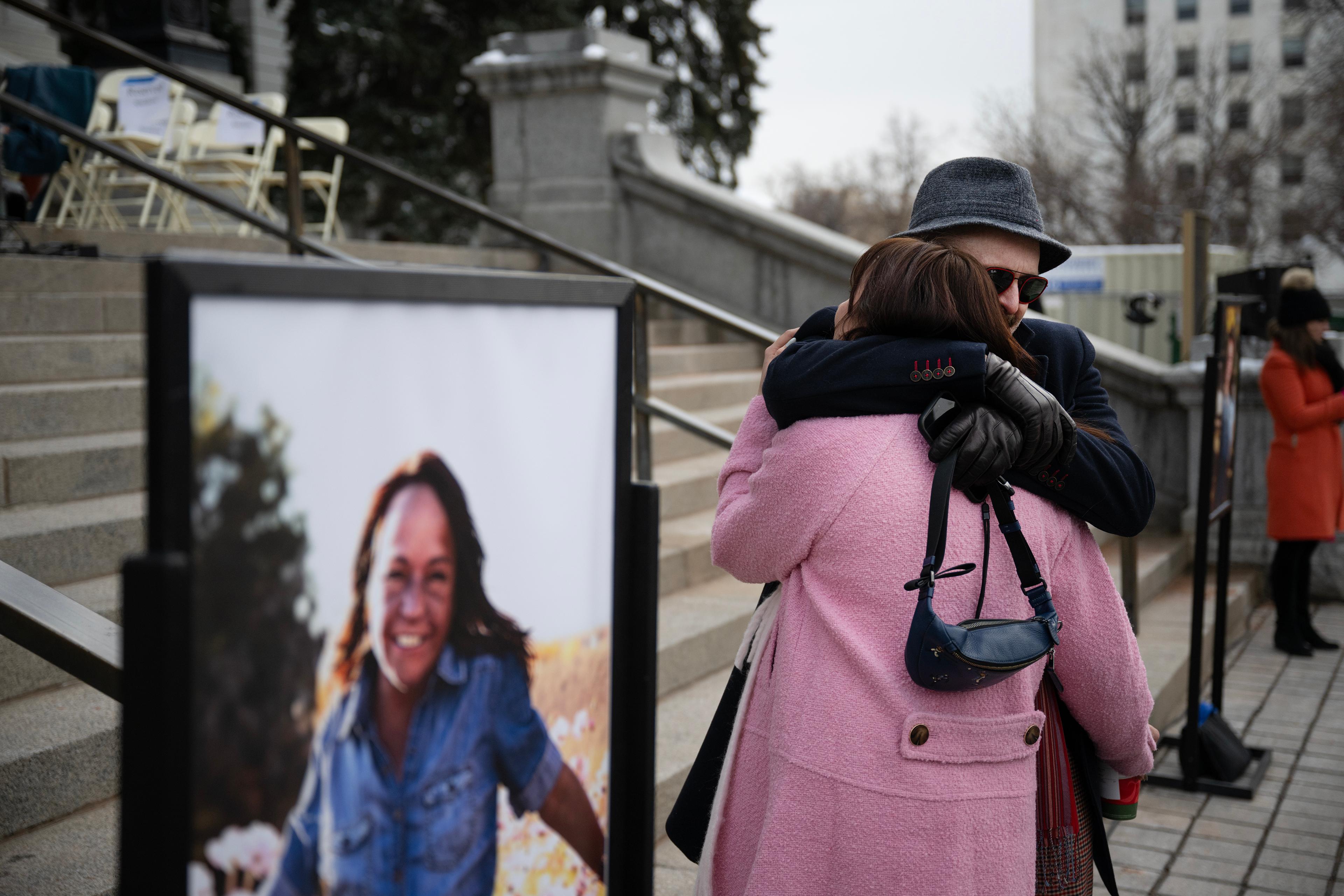
Updated Thursday, 3/5 4:40 p.m.
The Colorado governor’s office and state health officials are crafting a draft disaster declaration in the event an outbreak of coronavirus hits the state.
The draft declaration, if eventually enacted, would give Gov. Jared Polis broad powers to quarantine individuals and property, shutter public buildings and even relax medical professional licensing requirements to help respond to or prevent a pandemic.
Washington, Florida and California have declared emergencies related to coronavirus, which has spread from China to 77 other nations, including the U.S. As of Wednesday afternoon, the virus had sickened at least 152 people in the U.S. and killed 11.
The governor has a lot of power and latitude to manage a disaster under Colorado state law. Should a disaster declaration be necessary, the powers remain in place for 30 days, but the governor can renew the declaration as needed to maintain public safety. The state legislature does have a check on the governor’s powers though, and can terminate the state of disaster emergency declaration by joint resolution.
Officials with the Governor’s Expert Emergency Epidemic Response Committee met on Wednesday to begin preparing precise language outlining the governor’s powers in case of a coronavirus pandemic. The current draft declaration is a series of separate executive orders including provisions that would allow the governor to:
- Order hospitals to transfer or cease admission of patients as needed should hospitals become overrun with cases. (Hospitals can also be given latitude on managing admissions as well.)
- Procure or even seize certain medicines and vaccines from retail or hospital pharmacies.
- Cancel public events and close public buildings.
- Suspend statutes and regulations to allow for the more rapid distribution of medicines and vaccines.
- Suspend physician, physician assistant and nurse licensure requirements, like allowing professionals from another state or with a license that’s inactive. Those providers that are affected would have to work under the supervision of a Colorado-licensed medical professional.
- Quarantine individuals and property. Local public health officials have this power, but the governor can enact a more widespread quarantine if needed.
- Suspend statutes pertaining to death certificates and burial practices, to avoid requirements that may be impractical during an emergency.
“The governor has a lot of latitude and a lot of power under the state disaster emergency act,” said Kevin Klein, the Director of The Division of Homeland Security And Emergency Management. “What I’ve been counseling is … think about what we need, think about what’s appropriate for the situation, what CDPHE will need to make this run smoothly, and then we’ll worry about making that happen.”
The committee decided to table any discussion of what series of circumstances might trigger the need for executive orders. State officials said they will continue to work on what those could be. Another meeting is scheduled for March 16.









